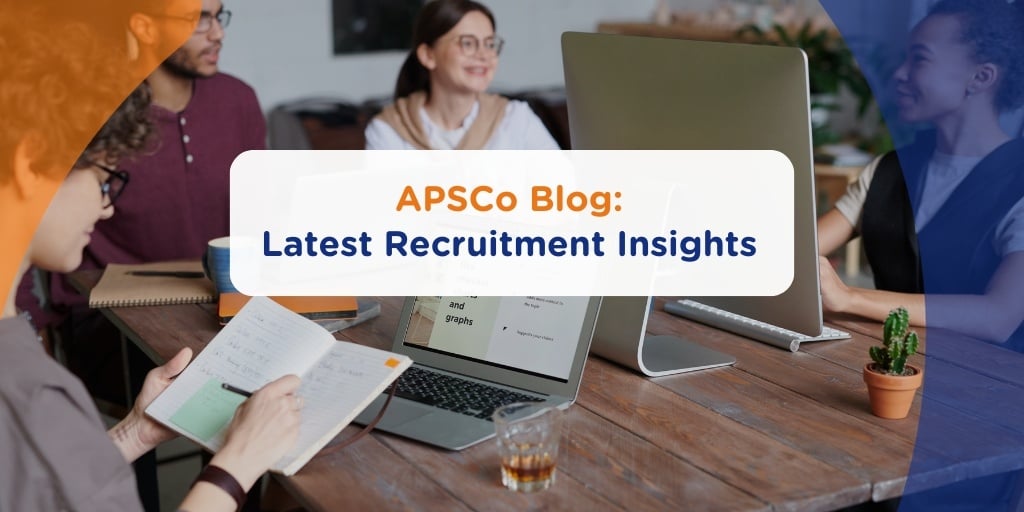This post is from March 2024. View our upcoming events here.
At APSCo's virtual AI conference, AI Decoded, industry leaders converged to decode the intricacies of AI implementation and its transformative potential for recruitment businesses. Here are the top 10 takeaways distilled from the sessions, offering invaluable insights into navigating the AI landscape and harnessing its power effectively:
1. Redefining Talent Strategy: Glenn Bloxham Mundy from LinkedIn underscored the seismic shifts underway in the job market due to AI. The jobs of today may not resemble those of tomorrow, emphasising the need for organisations to adapt their talent strategies accordingly.
2. Automation and Skill Reshaping: AI is driving two foundational shifts - accelerating productivity through automation and reshaping the skills required for company success. This necessitates a focus on enhancing data literacy and embracing AI responsibly.
3. Focus on Business Value: Alex Bates from PageGroup emphasised the importance of prioritising business value over mere adoption of AI technology. Implementing AI should align with core business values and focus on driving impact.
4. Human-Centric Approach: While AI is valuable for automating routine tasks, its true power lies in augmenting human capabilities rather than replacing them entirely. Firms should leverage AI for 'heavy lifting' while allowing employees to focus on high-value interactions.
5. Data as an Asset: Lauren Elliott-Cranford from Teem highlighted the critical role of data in AI implementation. Understanding the company's goals and challenges is essential for leveraging AI effectively.
6. Start Small, Scale Smart: Begin with short-term impactful improvements and gradually scale AI initiatives based on their success. It's crucial to assess available tools, research, and seek guidance to avoid unnecessary expenses.
7. Transparency and Governance: With the rapid evolution of AI, governance frameworks are imperative to ensure ethical and legal compliance. Transparency in AI systems, coupled with adherence to data protection policies, is essential.
8. Legal and Regulatory Considerations: The evolving legal landscape surrounding AI, including upcoming regulations like the EU AI Act, underscores the importance of staying informed and compliant with relevant laws.
9. Addressing Bias and Discrimination: AI's reliance on training data introduces the risk of bias, which can lead to discrimination. Organisations must proactively address bias in AI systems to ensure fair and equitable outcomes.
10. Human Oversight: Despite AI's capabilities, human oversight remains crucial, especially in sensitive areas such as recruitment, where decisions impact individuals' livelihoods. A balance between AI-driven efficiency and human judgment is paramount.
By embracing AI responsibly and fostering a human-centric approach, organisations can unlock the full potential of AI while ensuring fairness, transparency, and compliance with regulations.
![current_brand[0].name current_brand[0].name](https://uk.apsco.org/hs-fs/hubfs/APSCo%20United%20Kingdom%20Logo%202024_RGB-1.png?width=400&height=160&name=APSCo%20United%20Kingdom%20Logo%202024_RGB-1.png)


%20(20).png)
%20(17).png)
